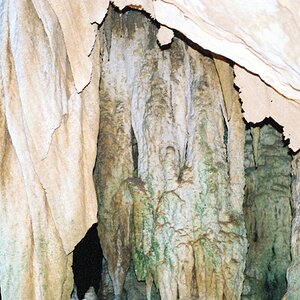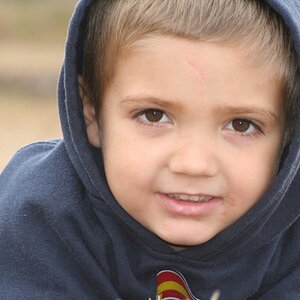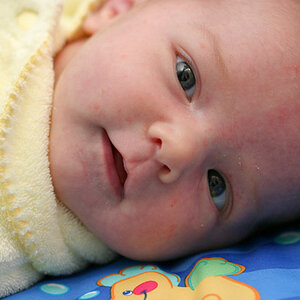DGMPhotography
Been spending a lot of time on here!
- Joined
- Mar 23, 2012
- Messages
- 3,160
- Reaction score
- 718
- Can others edit my Photos
- Photos OK to edit
Hello!
I was wondering if anyone had some experience with theater photography they'd like to share! I love shooting events like plays and concerts and the like, and was hoping for some advice from those with experience. I will be doing some more in the future.
What do you like about it? What do you not like about it?
What are some things to look out for, what equipment do you recommend?
Is this a good lens for it? Nikon | Imaging Products | AF-S NIKKOR 24-120mm f/4G ED VR (5x)
This is a article a read about it which gave me some ideas... 9 Essential Tips to Shoot Classic Theater ? Photography ? Tuts+
Thanks!
I was wondering if anyone had some experience with theater photography they'd like to share! I love shooting events like plays and concerts and the like, and was hoping for some advice from those with experience. I will be doing some more in the future.
What do you like about it? What do you not like about it?
What are some things to look out for, what equipment do you recommend?
Is this a good lens for it? Nikon | Imaging Products | AF-S NIKKOR 24-120mm f/4G ED VR (5x)
This is a article a read about it which gave me some ideas... 9 Essential Tips to Shoot Classic Theater ? Photography ? Tuts+
Thanks!


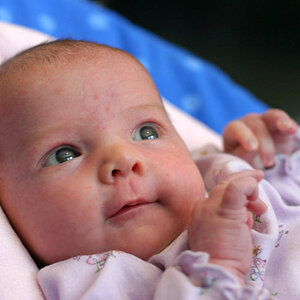
![[No title]](/data/xfmg/thumbnail/37/37518-fb05b52482bd05e84fb73316ba1a9c8f.jpg?1619738128)
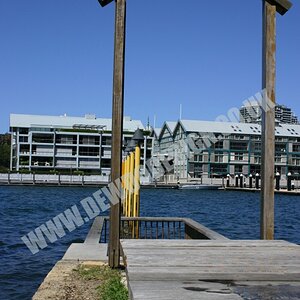

![[No title]](/data/xfmg/thumbnail/33/33421-38d09827e584b8381c5e3a468cdf0159.jpg?1619735961)
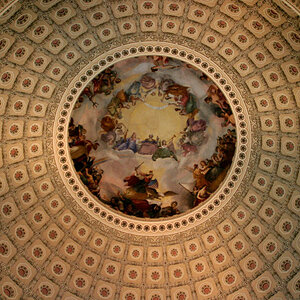
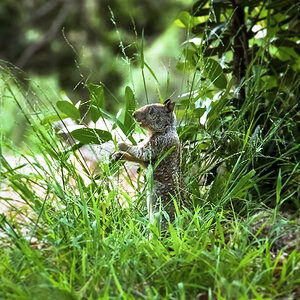
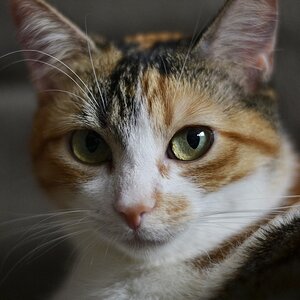
![[No title]](/data/xfmg/thumbnail/41/41758-1a91d93383c843959cb160b7ac7e762e.jpg?1619739883)
